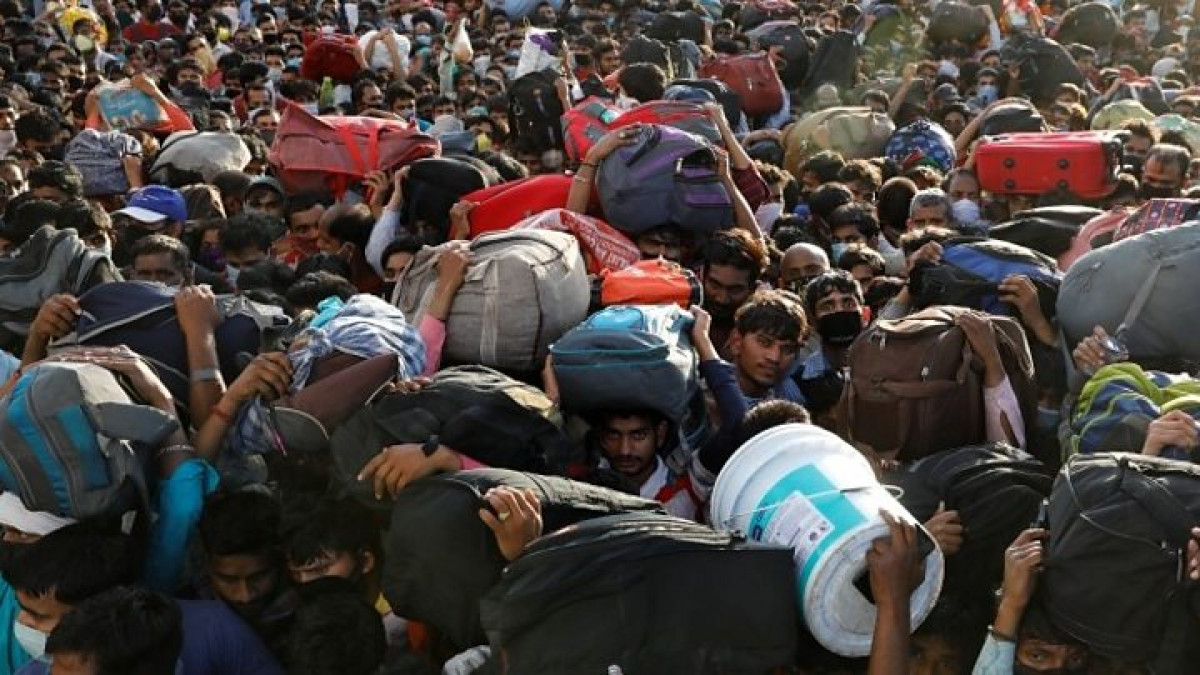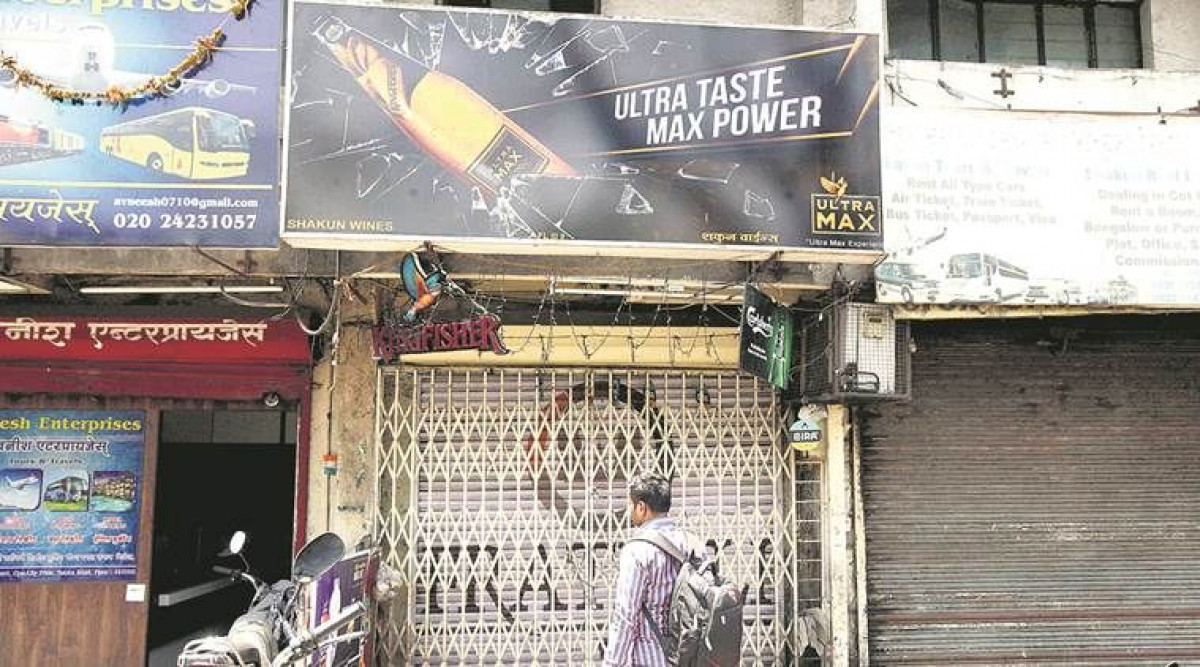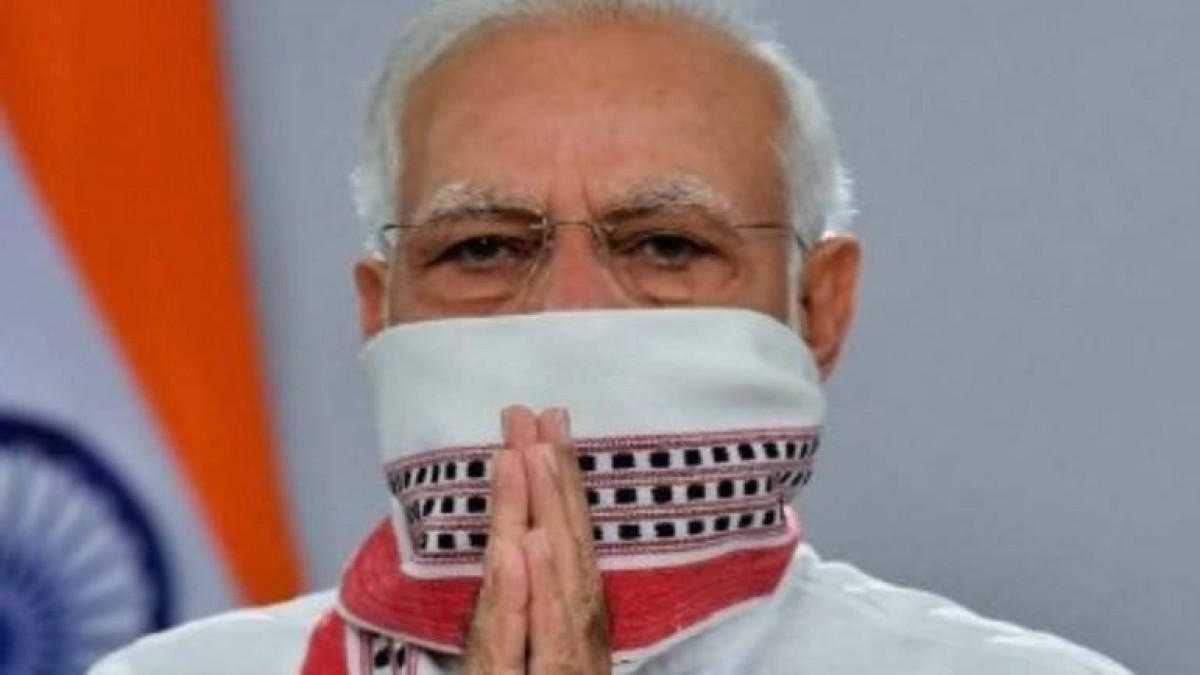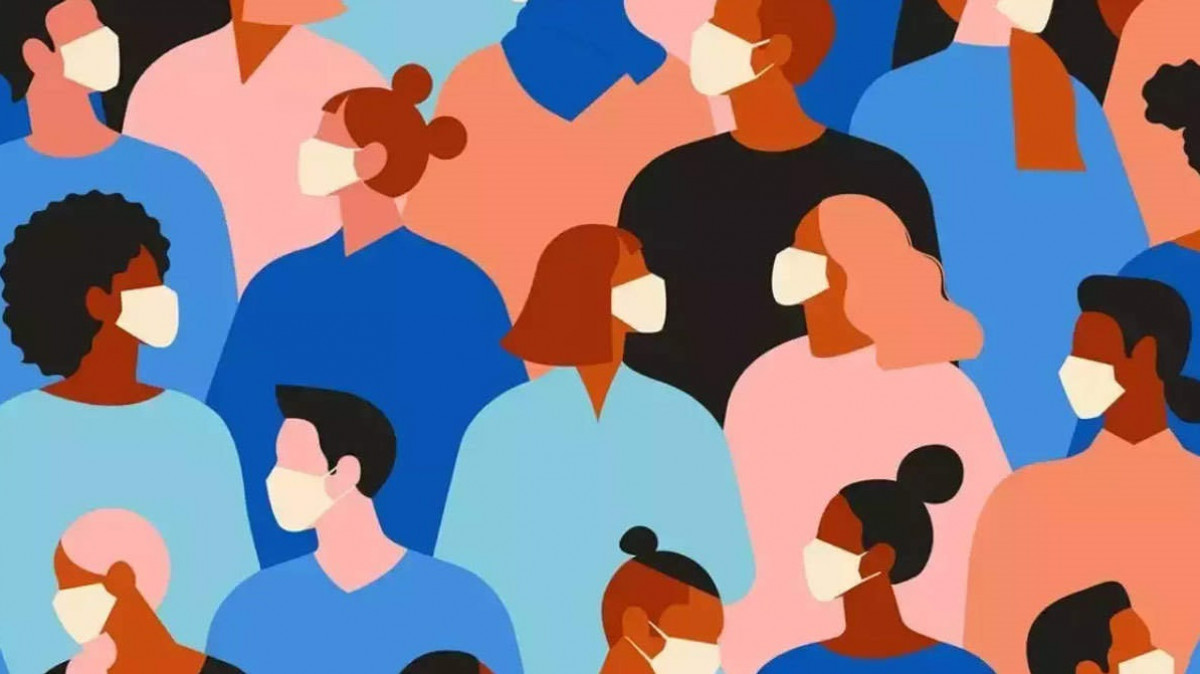Opinion
Ask the people what they want!
The central government must not take the patience of the Indian masses for granted.

The Prime Minister’s video conference with state Chief Ministers on 27th April was, as expected, a futile exercise. It did not throw up any concrete solutions. Many CM’s, BJP or otherwise, mindlessly spoke of a continuation of the lockdown. Public intellectuals, on the other hand, have begun to think to the contrary. Today, it isn’t just journalists like Shekhar Gupta and Vinod Dua, but also IIM Professors, industrialists like Rajiv Bajaj and Kiran Mazumdar Shaw, and even doctors who have come round to the intelligent view that, given that the Coronavirus is here to stay, it is best that we come to terms with it and jumpstart the economy.
Besides, was the Prime Minister serious about taking the views of Chief Ministers into consideration? If he was, he would have allowed Captain Amrinder Singh to open up the liquor shops when he pointed out that Punjab was losing crores by way of revenue with the closure of liquor shops. He would have given Uddhav Thackeray the permission to start special trains to take Maharashtra’s migrants home. He would have allowed Kerala to open its restaurants and haircutting saloons. The Epidemic Act of 1897 and the National Disaster Management Act of 2005 allows the Prime Minister to veto anything he does not like.
Old habits die hard. If central and state governments become accustomed to the idea of lockdowns, a time will come when they will simply be unable to end them. Because, at whatever point the lockdowns are ended, whether now or later, the coronavirus will infect people.
The central government must not take the patience of the Indian masses for granted. We saw what happened at Bandra station in Bombay when the first lockdown was extended on 15th April. This time, the junta might actually come out on the streets and start a food riot. Let us take the example of other countries. People came out with banners and placards in America and Germany to protest against extended lockdowns. “We want to get back to work,” they said. And the lockdowns in these countries were hardly as severe as they are in India.

Instead of having closed-door video conferences with Chief Ministers, why can’t the Prime Minister have a video conference with representatives of the public? And I mean grassroots representatives, not political representatives who live in ivory towers. His Man ki Baat is one-way communication. Why is he afraid of a dialogue with the people? When has he last had a press conference? I recently tweeted to say that whether the lockdown should be extended or not should be decided by a referendum or a plebiscite. Ask the people, man to man, what they want. Have an opinion poll. Do not assume that you know what is best for the people. That is highly undemocratic.
Politically, an indefinite lockdown suits the government because it sidetracks other issues. But for how long? Arnab Goswami’s twelve-hour interrogation by the Bombay Police, though indirectly related to the curfew, shows that the BJP’s opponents can stand up to the central government when required. The West Bengal government, for example, has been consistently making it difficult for the BJP. They refused to co-operate with the surveillance teams sent to the state from New Delhi.
Arnab Goswami’s sycophancy is a blot on Indian journalism. He attacked the Kerala Chief Minister for not falling in line with Modi’s diktats by speaking in favour of lifting the lockdown. He asked the CM whether bringing back Malayalees from the Gulf would not lead to a spike in corona cases. But what he deliberately did not tell viewers is that many Gulf countries have given an ultimatum to India to take its nationals back. So the Kerala CM really has no choice in the matter.
The government should move away from clichés. Words like lockdown, hot spot, containment zone, etc. have today become hackneyed expressions. The so-called division of the country into red, orange and green zones is untenable. It is discriminatory to open up one zone while keeping another zone shut. This can boomerang on the government. Moreover, the shut zones, mostly metro cities, are where the majority live and work, even though geographically they occupy a relatively small area.
This sort of zonal division into red, orange and green has been necessitated only because of the government’s inadequate testing facilities. China has taught us a nice lesson by sending us faulty testing kits. For all I know, they did this on purpose, for India dreams of replacing China as a manufacturing hub, now that the world has blacklisted China for thrusting the coronavirus on the planet. The dream, incidentally, is laughable. Do we have the work culture of the Chinese to be able to replace them? Are we as business-friendly as the Chinese are? Countries like Japan that have pulled out of China have preferred to go to Viet Nam and Thailand, rather than come to India. I can bet that for all the bonhomie between Trump and Modi, the Americans too will never trust India when it comes to manufacturing.
Mahatma Gandhi identified with the poorest of the poor in India. If they travelled third class on trains, so did he. Lal Bahadur Shastri resigned as railway minister when there was a major train accident, for which he took moral responsibility, although he did not drive the train himself. Today, I’d like to ask our politicians, from the Prime Minister down, whether the lockdown has made even an iota of difference to their day to day lives. They have money in their coffers; they eat the most nutritious meals three times a day. They have a retinue of domestics to attend to them, while our domestics are not allowed to enter our buildings. They can go about in their cars without worrying about police high-handedness; without being humiliated and made to do sit-ups. Their beauticians can shave them and trim their hair. Okay, have an indefinite lockdown, but prove to us that you are as affected by it as we are.
Be like Mahatma Gandhi and Lal Bahadur Shastri.
(R. Raj Rao, author of the novel, 'The Boyfriend', is an occasional political commentator. The views expressed by the author are his personal.)





